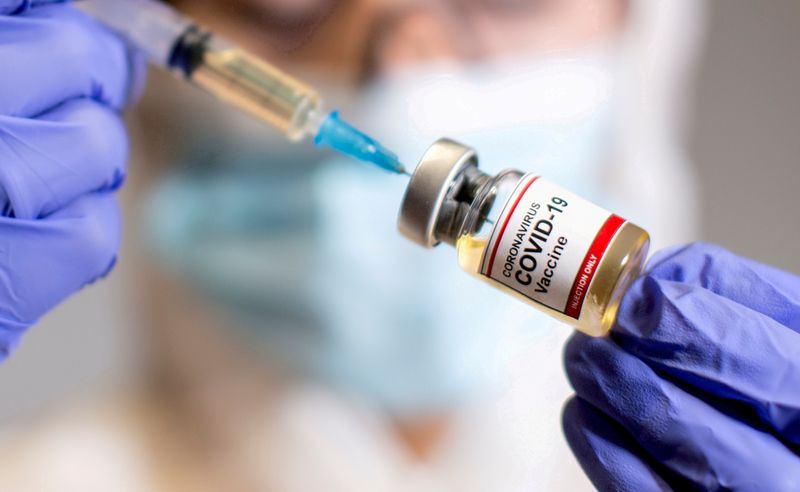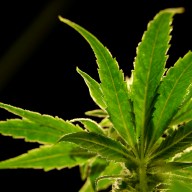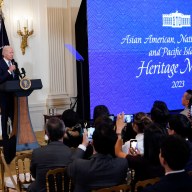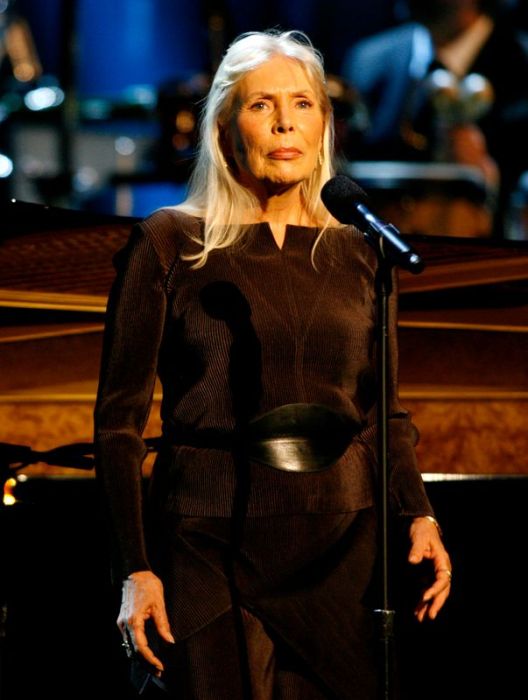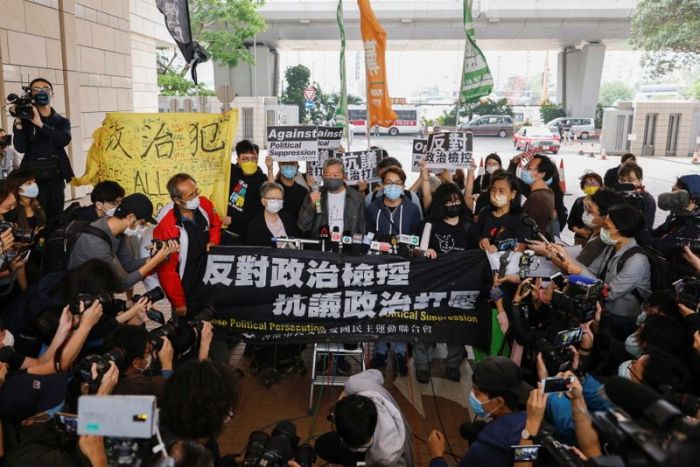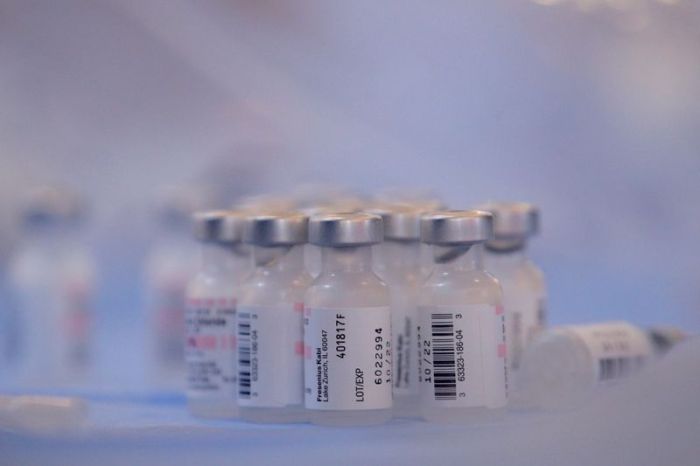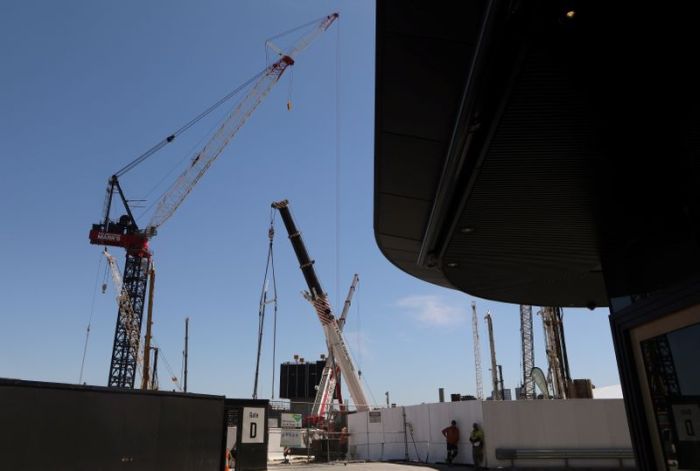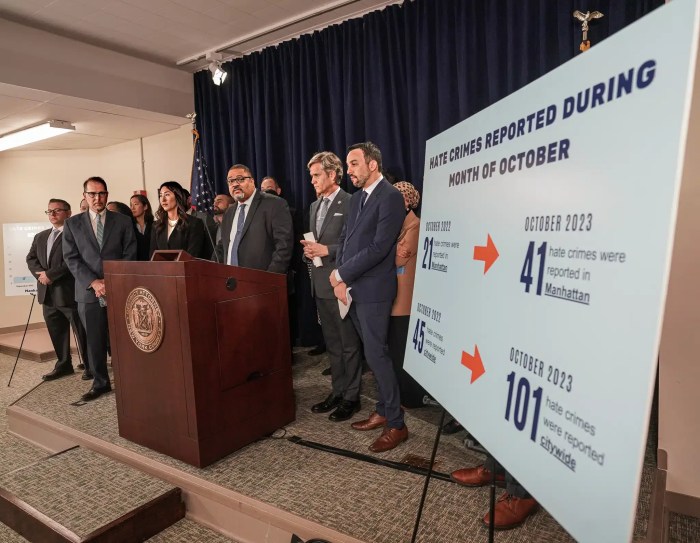(Reuters) -Pfizer and BioNTech signed on Brazil’s Eurofarma Laboratorios as a manufacturer of their COVID-19 vaccine doses for Latin America, in a bid to boost the two drug companies as suppliers of low- and middle-income countries.
Eurofarma will start manufacturing finished doses beginning in 2022, the first expansion step in Latin America for the two vaccine partners’ supply network. The agreement does not cover the complicated process of mRNA substance production that will be done at Pfizer’s U.S. facilities.
Eurofarma is expected to produce more than 100 million finished doses annually at full operational capacity, Pfizer and BioNTech said in a joint statement on Thursday.
The pair also said they have so far shipped 1.3 billion doses of their two-shot vaccine across the world and aim to deliver 3 billion by the end of this year.
Pfizer Chief Executive Officer Albert Bourla said the deal “expands our global supply chain network to another region – helping us continue to provide fair and equitable access to our COVID-19 vaccine.”
The planned expansion comes after U.S. President Joe Biden and French President Emmanuel Macron earlier this year backed a waiver on vaccine patents protected by the World Trade Organization’s agreement on intellectual property to boost supplies for poorer nations.
Countries including Germany, where BioNTech is based, and BioNTech itself have argued that only vaccine inventors and their chosen partners can quickly build global production lines because far more know-how is required for the task than what is encoded in patents.
Pfizer and BioNTech last month struck a deal for South Africa’s Biovac Institute to process and distribute over 100 million doses a year of their vaccine for Africa, also limited to the final production steps and bottling.
(Reporting by Manas Mishra in Bengaluru; Editing by Ramakrishnan M. and Mark Porter)

